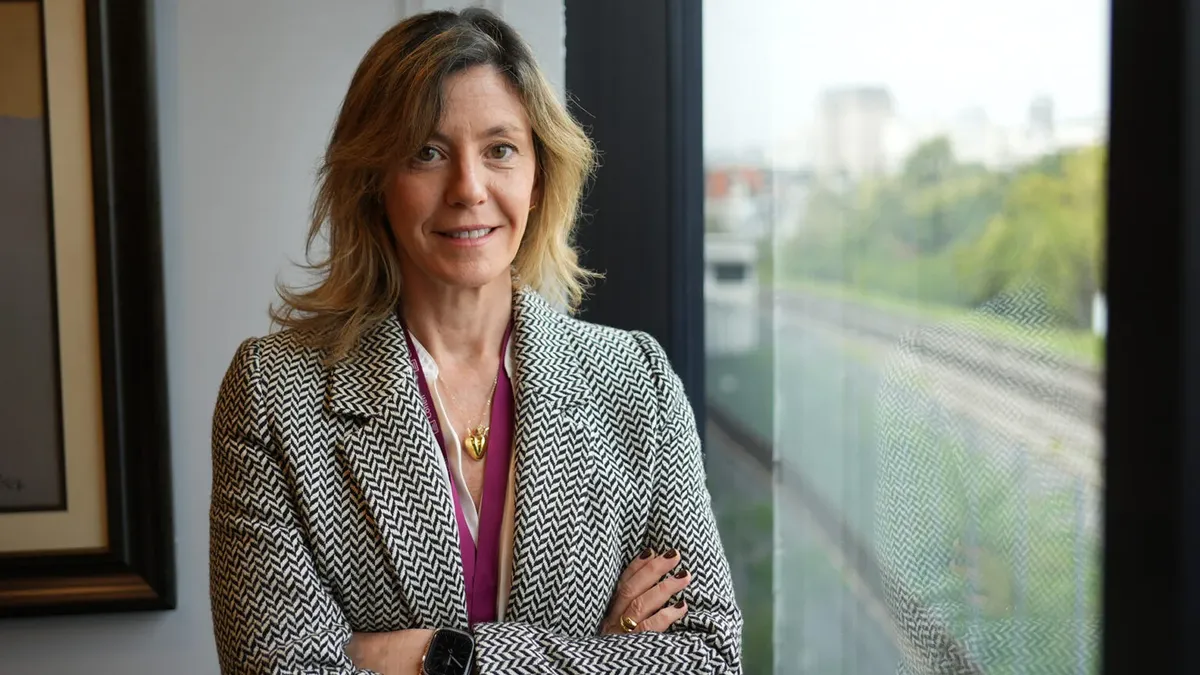At 37, he was the youngest head of government in the republic. Hamburg’s former mayor Hans-Ulrich Klose has now died. Chancellor Scholz remembers his clear stance and clear words.
Hamburg’s former mayor Hans-Ulrich Klose is dead. The SPD politician fell asleep peacefully at home on Wednesday at the age of 86, his wife Anne Steinbeck-Klose told the German Press Agency on Thursday. In the last years of his life he suffered from Alzheimer’s.
Klose was Prime Minister in Hamburg from 1974 to 1981. He then made a name for himself in the Bundestag as a faction leader and an experienced foreign politician. Within the party, as treasurer until 1991, he was part of the SPD’s closest leadership circle.
Chancellor Olaf Scholz – also mayor of Hamburg before moving to Berlin – acknowledged Klose’s clear stance and clear words. The SPD politician wrote on the platform X, formerly Twitter, that he did not shy away from any political confrontation. “He loved politics, poetry and humor. Hans-Ulrich Klose left his mark on Hamburg and the Federal Republic. He will be missed!”
“The death of Hans-Ulrich Klose fills us with deep sadness,” said Hamburg’s SPD leaders Melanie Leonhard and Nils Weiland. “We are losing a great social democrat and highly respected politician who, as first mayor, set the course for the successful development of Hamburg.”
CDU calls Klose a “deserving Hanseatic”
The opposition in Hamburg’s citizens also paid tribute to Klose, who became mayor at the age of 37, making him the youngest head of government in a federal state at the time. “Hans-Ulrich Klose worked for our city throughout his life,” said CDU parliamentary group leader Dennis Thering about the “deserving Hanseatic.” The FDP politician Anna von Treuenfels-Frowein called him a “controversial intellectual” who had shaped Hamburg for years.
The SPD parliamentary group leader in the German Bundestag, Rolf Mützenich, called Klose an “outstanding politician and fine person.” He “faced the political challenges with decency and dignity” and “served our country in many important functions,” explained Mützenich.
Klose headed Hamburg City Hall for seven years until he unexpectedly resigned in May 1981. Two years later he moved to the German Bundestag as a member of parliament and remained there until 2013. After the resignation of Hans-Jochen Vogel, Klose was elected chairman of the SPD parliamentary group in 1991, but had to relinquish the post to Rudolf Scharping in 1994.
Rigorous austerity measures in Hamburg
Klose started as mayor of Hamburg in 1974 with a rigorous austerity program. As a representative of the left wing of the party, he criticized the extremist decision and tried to get Hamburg to abandon nuclear energy. Klose resigned as mayor in 1981 because of the lack of support from the SPD for his course against the Brokdorf nuclear power plant, located around 70 kilometers away in neighboring Schleswig-Holstein.
“As the Greens, we particularly remember his progressive stance on the issue of nuclear power and his commitment against Hamburg’s participation in the Brokdorf nuclear power plant,” said the Green parliamentary group leader in the community, Dominik Lorenzen. As a member of parliament and chairman of the SPD parliamentary group, he was a defining voice in German politics for a long time, “who will now be greatly missed.”
Since 1998, Klose has been dedicated to foreign and security policy at the federal level, was chairman of the Foreign Affairs Committee and in 2010 also became coordinator for transatlantic cooperation in the Foreign Office – a post he gave up prematurely in 2011 for family reasons. After more than 30 years and eight electoral terms, he did not run again in the 2013 federal election.
Source: Stern
I have been working in the news industry for over 6 years, first as a reporter and now as an editor. I have covered politics extensively, and my work has appeared in major newspapers and online news outlets around the world. In addition to my writing, I also contribute regularly to 24 Hours World.




